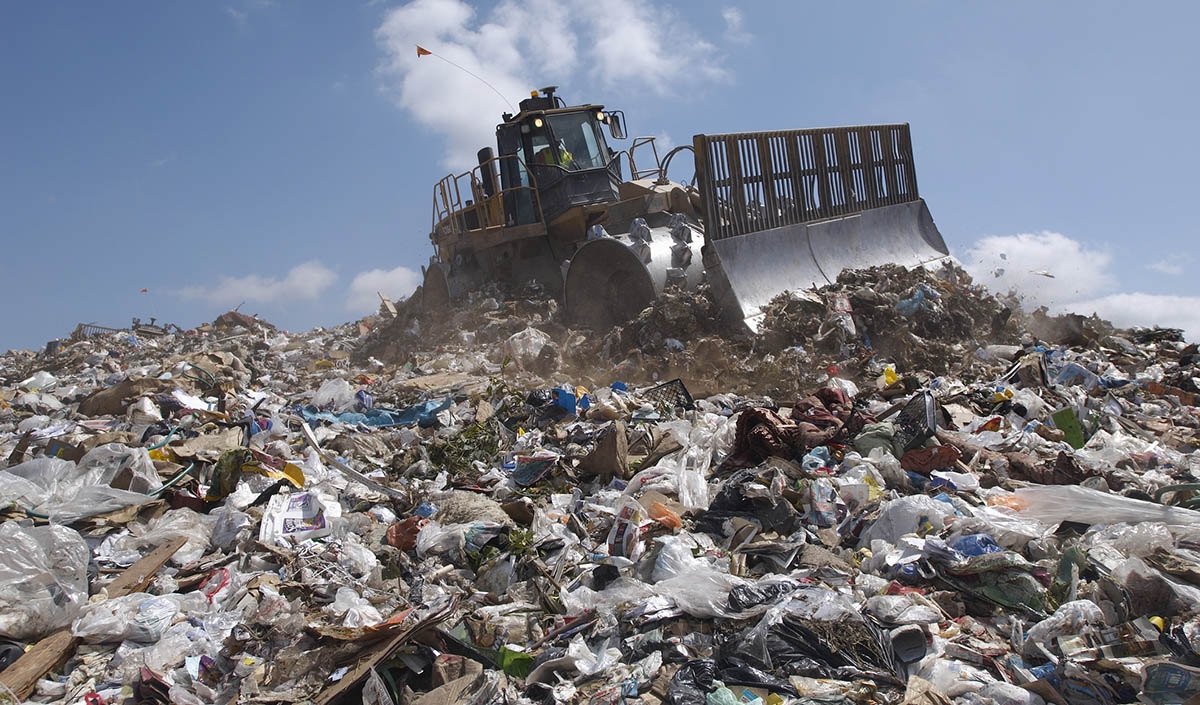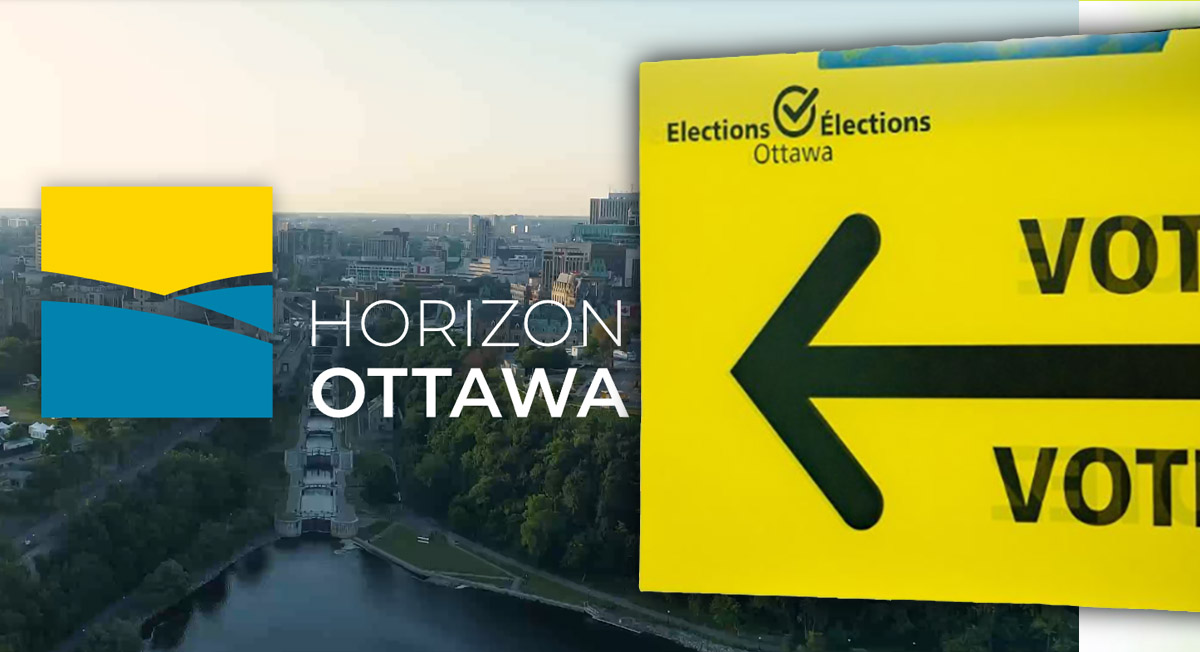
Environment and Climate Change Committee hears report on Organic Diversion and Garbage Fees
The City Of Ottawa’s Environment and Climate Change Board Met on Tuesday. The meeting revolved around waste management and two separate garbage disposal programs developed by city staff.
The committee first discussed the implementation of an organic waste diversion program in multi-residential city buildings.
Multi-residential buildings are defined as having six or more units in one location. As of April 2024, almost 1200 of the 2200 multi-residential buildings in Ottawa are participating in the waste divestment strategy. Currently, 74 percent of all waste in multi-residential buildings goes to landfills, but implementation continues.
As part of the City of Ottawa Solid Waste Master Plan, the goal is to have 98 percent of organic materials diverted from landfills to organic waste sites and a 100 percent reduction of paper waste. Properties that receive regular waste collection but are not enrolled in the organics program will be integrated this year, followed by buildings with under 100 units between Q2 2025 and Q3 2027. Buildings with over 100 units will join the program between Q4 2027 and Q2 2028.
Public delegates appeared before the committee. Angela Keller-Herzog, Executive Director of the Community Association for Environmental Sustainability, said her organization enthusiastically welcomed the organic waste program but wished it could be implemented in one year instead of the proposed four.
The committee was also updated on the Curbside Diversion Policy Implementation program, the city’s recommended policy of only allowing three garbage items.
Staff are currently exploring a yellow bag program, which will enable residents to purchase city-approved coloured bags if they have over three units of garbage to be placed for collection. The yellow bags will be sold in packs of four for $17.60 at participating locations. Exceptions will be made for residential properties on agricultural sites. Staff are also looking to explore considerations for unavoidable medical waste materials and flexibility in the program for events like holidays such as Christmas and moving.
Staff also recommended consultation with the public to avoid challenges in enforcement that may result from multi-unit housing with curbside pickup. The city will begin an advertising and outreach campaign to inform and remind residents of the change in waste policy, which will begin in November 2024 and continue until February 2025. Enforcement of the program will begin on December 2, 2024.
Councillor Matthew Luloff asked staff how residents would be able to purport to a special event like a move taking place. Staff responded contradictory to their earlier statement, saying that the program’s intent was for residents to purchase yellow bags if they had additional trash without directly addressing the statement made in their earlier report regarding events such as moving or holidays.
Luloff then asked staff about economic considerations, noting that $17.60 can be significant for struggling residents and stating that cheaper foods often have more packaging, translating into more waste. Staff responded that they were looking at a pilot project for a year after implementation that would distribute yellow bags for free to residents who require support.
Councillor Riley Brockington spoke to report on the program and said the point was not to be punitive but to show that the city landfill had limited space and diversion was needed. Brockington suggested that community centres across the city act as points where yellow bags could be purchased and asked that an update on the program be included in the following city waste calendar.
Brockington also expressed concern about park dumping during the program’s implementation and noted that the city had added two inspectors who would search park garbage for identifiable information and then “have a conversation with the resident.” The fine for using park garbage cans for household waste will be $205.
Photo: iStock






